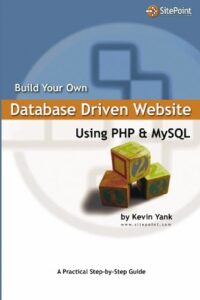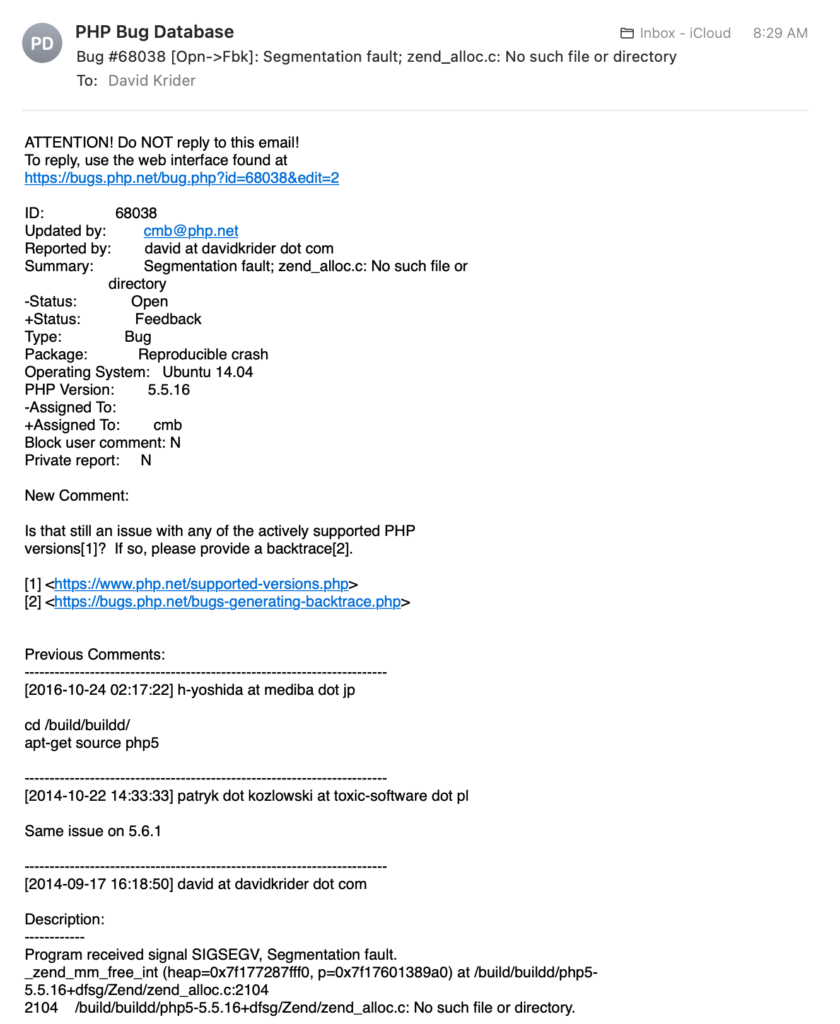It has been interesting as I’ve shifted out of .NET ecosystem which I’ve worked with on the server side (and some stints of desktop…
Source: The Case for C# and .NET. It has been interesting as I’ve shifted… | by Charles Chen | ITNEXT
There are a couple of takeaways from this article. He talks about it from the perspective of a fan of .NET. I see strong points in favor of Rails as well.
First and foremost, I want to talk about speed. As a fan of Rails, I hate it when critics bring up the speed of Ruby, because I have to acknowledge that there is a definite, unavoidable penalty there. And why shouldn’t there be? It’s the interpreted nature of Ruby that makes ActiveRecord in Rails so dang flexible and easy to use. But I came to using Rails after about 10 years of using PHP, and it was painful to compare page load speeds in apps I rewrote from PHP to Rails. However, the relative productivity of the Rails stack made it a no-brainer over PHP for me.
In this article, the author compares some particular benchmark amongst various languages typically used for web application development. Here, he’s pointing out how slow Javascript is compared to .NET. But what I want to point out is that Ruby’s performance is often discussed in the context of using Java, and there’s basically no difference.
Further speed point here: https://benhoyt.com/writings/count-words/
Another thing to point out is the package mess. From the top graph, above, you can see the explosion of dependencies in the Javascript stack. Comparatively, it dwarfs everything else. Combine that with this graph, below, and the situation gets even worse. Sure, by this, you can see that .NET stack wins this race, but it’s also interesting to me that Rails clearly comes in second, especially when you also consider that it has zero critical vulnerabilities.
Over and over, Ruby and Rails gets dissed, these days, as somehow being unuseful, for a variety of reasons. I find those reasons specious. Over and over, when you dig into the rationale behind those reasons, you find out the situation is better than people give it credit for being. Rails continues to be a strong contender in the web application development world. Lots of big players continue to use it, despite how critical the HN crowd is about it. Even if it weren’t suited for those big, commercial web platforms, it would still continue to dominate in writing small, focused, line-of-business CRUD apps, and I continue to find it amazingly powerful to work with.
If I were to criticize the Rails stack, my first point of contention would be the Turbolinks thing. I’ve been sort of forced into using Ag-Grid as a drop-in Javascript data table widget, and, despite a lot of effort, I can’t find a way to make it play nice with Turbolinks.


